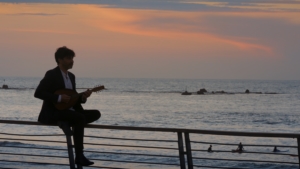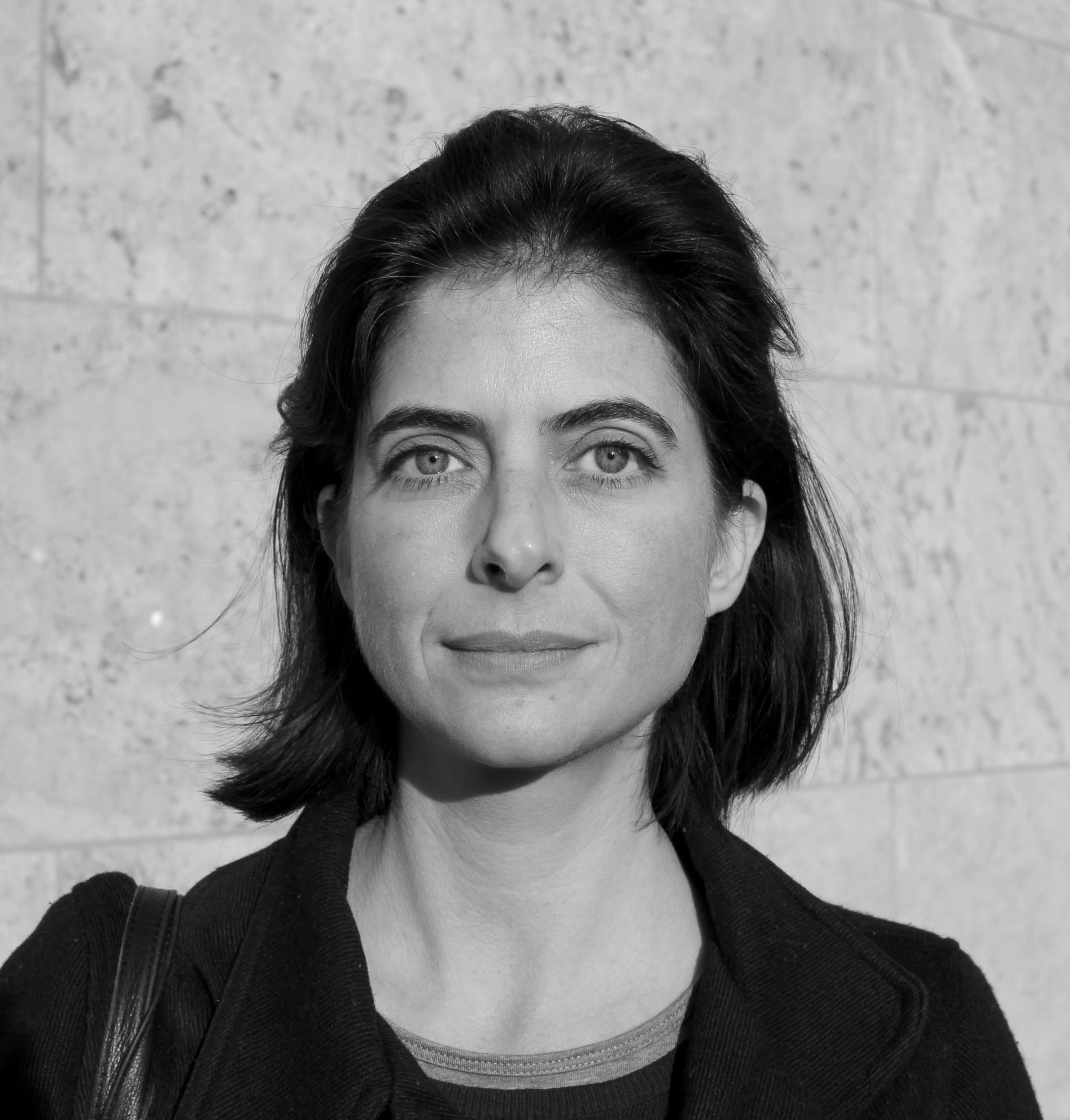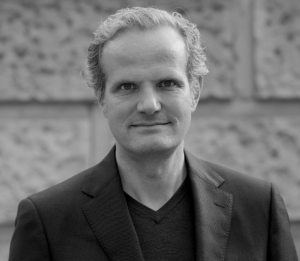“I didn’t seek out the mandolin – it found me,” says Avi Avital. The 44-year-old is now the most sought-after mandolinist of our time. Almost completely on his own, he has brought the instrument back to the major concert halls. More than 100 compositions have been written for him. He is the first mandolinist to have been nominated for a classical music Grammy award and has twice won Germany’s major classical music award, the Echo Klassik.
Avi Avital wants to do something new with the mandolin: to reinvigorate the historical repertoire with a new sonority, and enlarge it with adaptations of other works. In baroque music, the mandolin was indispensable, but during the classical and romantic eras it was almost forgotten. Yet it is precisely the instrument’s outsider status, of which Avi Avital became increasingly aware during his studies, that inspires him. His parents had immigrated from Morocco to the blue-collar Israeli city of Beersheba (Be’er Sheva). The family listened to north African folk music, French chansons and the Beatles. The fact that neighbouring children played in a young people’s mandolin orchestra gave his parents the idea of introducing eight-year-old Avi there. His first teacher was a Russian-born violinist who had been unable to find a position as a violin professor but who took on the challenge of teaching mandolin at the music conservatory in Beersheba. “For a career in classical music I had the wrong parents, the wrong instrument and even the wrong teacher,” says Avi Avital. And to this day he uses the wrong technique, not holding the plectrum in the prescribed way – but it is just that technique that allows him to create such a rich variety of sounds and dynamics.
ARTE’s concert portrait, “Avi Avital and the Mandolin” centres on Avital’s transcription of Bach’s harpsichord concerto BWV 1052, played in the magnificent Haydn Hall in Esterházy Palace in Eisenstadt, Austria, together with the ensemble Il Giardino Armonico, under the direction of Giovanni Antonini. Antonini jokes with Avital about his own “toy instrument”, the recorder – and they demonstrate the range of the two instruments by playing a transcription of a piano concerto as a duet. The documentary follows Avital on a trip to Israel. He plays music with students at the conservatory in Beersheba, meets his mandolin maker in Tel Aviv and, together with accordionist Uri Sharlin, performs a fiery composition of his own in a pub.
Broadcasting premiere on ARTE: January 23, 2023
A Film by: Katja Deiß
Camera: Elad Asulin, Oliver Indra, Markus Schmidt
Sound: Jeannine Felzmann, Simon Hückstädt, Idan Shemesh
Editor: Nina Mühlenkamp
A production of 3B-Produktion
Commissioned by HR In cooperation with ARTE
(c)2022 HR/3B-Produktion


